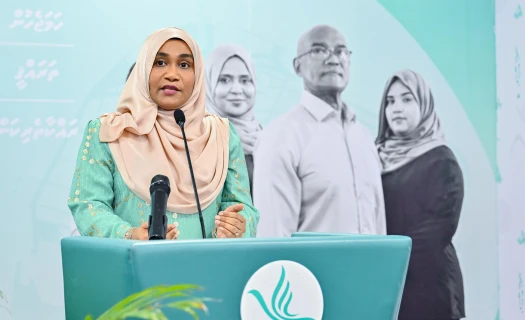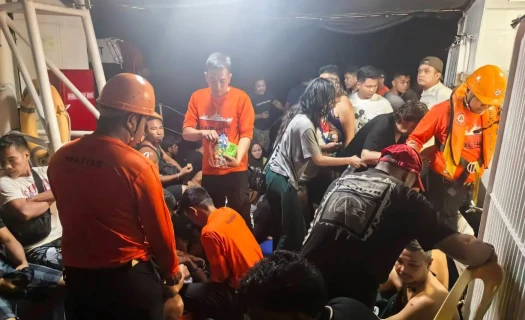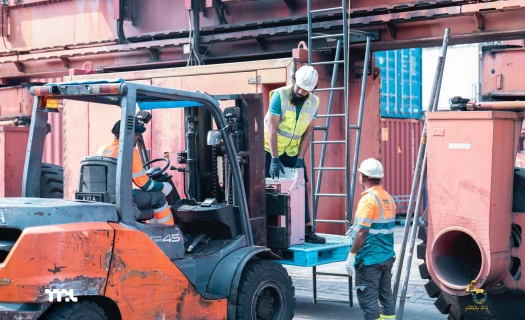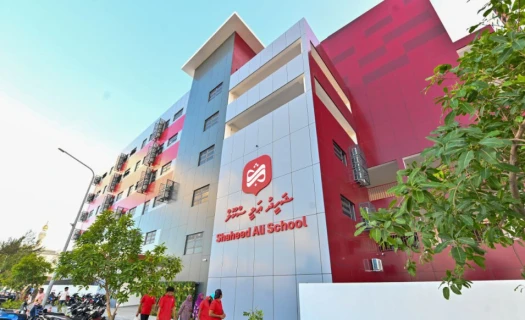Tue, 27 Jan 2026
|DHIVEHI
From crackdown to confidence: Journalists in the Maldives no longer fear protest
28 Aug 2025
|
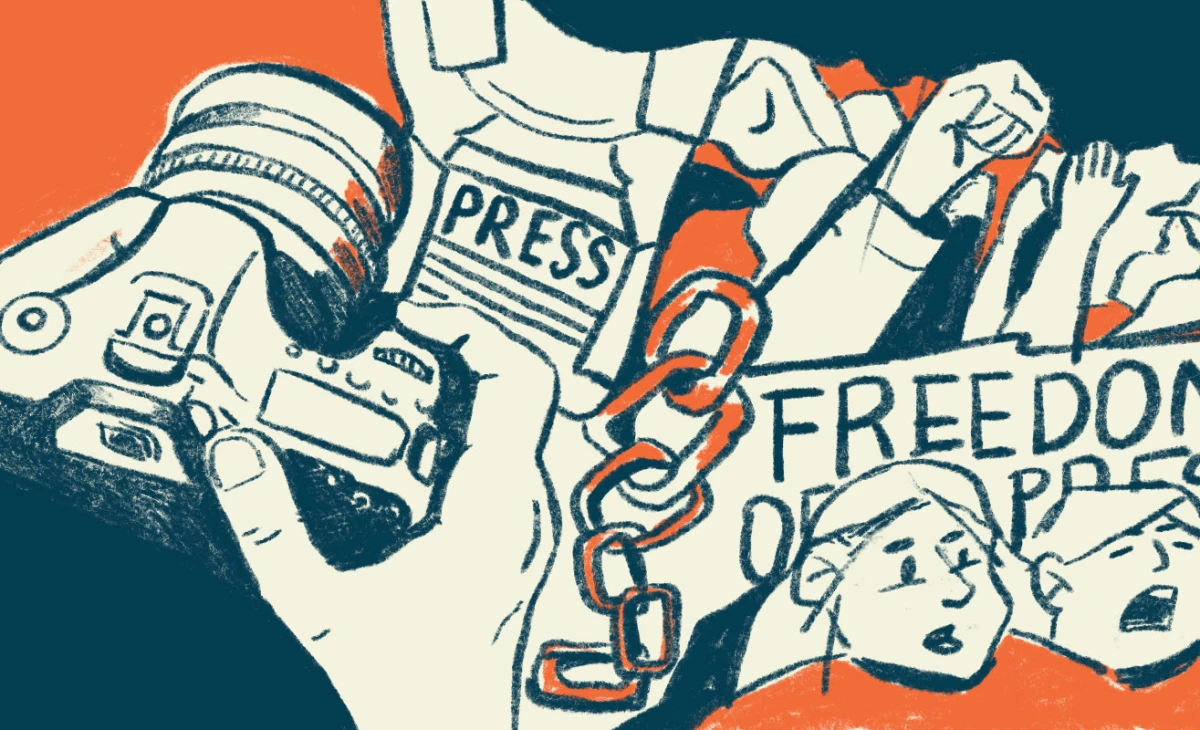
Photo: accessnow.org
For decades, the relationship between the state and the press in the Maldives has been, at best, uneasy and, at worst, openly hostile. Journalists have long operated in an environment where dissent was not simply discouraged but actively suppressed. The images of reporters being pepper-sprayed or dragged in handcuffs by police during protests remain etched in memory as stark reminders of how fragile press freedom once was in this country.
Yet today, a different picture is emerging. Outside the President’s Office, at the newly established Media Fenda, a group of journalists without official passes gathered, not with press cards, but with megaphones. They staged a protest in a restricted green zone, the kind of act that would once have been swiftly met with brute force. But this time, there was no tear gas, no baton charges, and no mass arrests. The journalists were allowed to demonstrate freely.
This shift is more than symbolic; it reflects the new space the current Administration has carved out for the media. President Dr Mohamed Muizzu has gone beyond promises, embedding press freedom into State policy. For the first time in Maldivian history, State funds have been allocated to local newsrooms. Media Fenda has been launched as a secure hub where accredited journalists enjoy round-the-clock access to official information. Together, these steps are transforming the role of the press from one of suspicion to one of partnership.
The figures speak for themselves: more than 200 press events, over 1,200 ministerial interviews, and upwards of 30 direct interviews with the President. Add to this a record-breaking 15-hour press marathon, almost unthinkable in a region where access to leaders is tightly controlled, and the contours of a new media landscape begin to take shape.
Of course, scepticism is natural. True freedom is tested when questions strike at the heart of power, when the press dares to cross invisible lines. That is why today’s protest matters. It proves that journalists can confront hard truths—not just in press rooms, but in the streets, even in restricted zones—without fear of reprisal.
The real challenge now lies in ensuring this openness becomes entrenched rather than episodic. Media freedom cannot rest on a handful of gestures; it must evolve into a culture of accountability, transparency, and respect for dissent. This requires sustainable financial support for independent journalism, legal protections for reporters, and continued access to information.
For now, however, this shift deserves recognition. For the first time in years, the Maldivian press is not looking over its shoulder. It is looking ahead, its voice heard, loud and clear, right outside the President’s Office. That, in itself, is progress.


